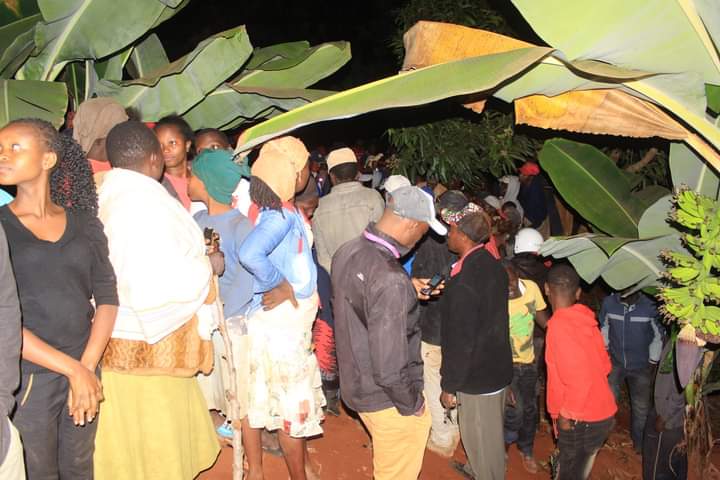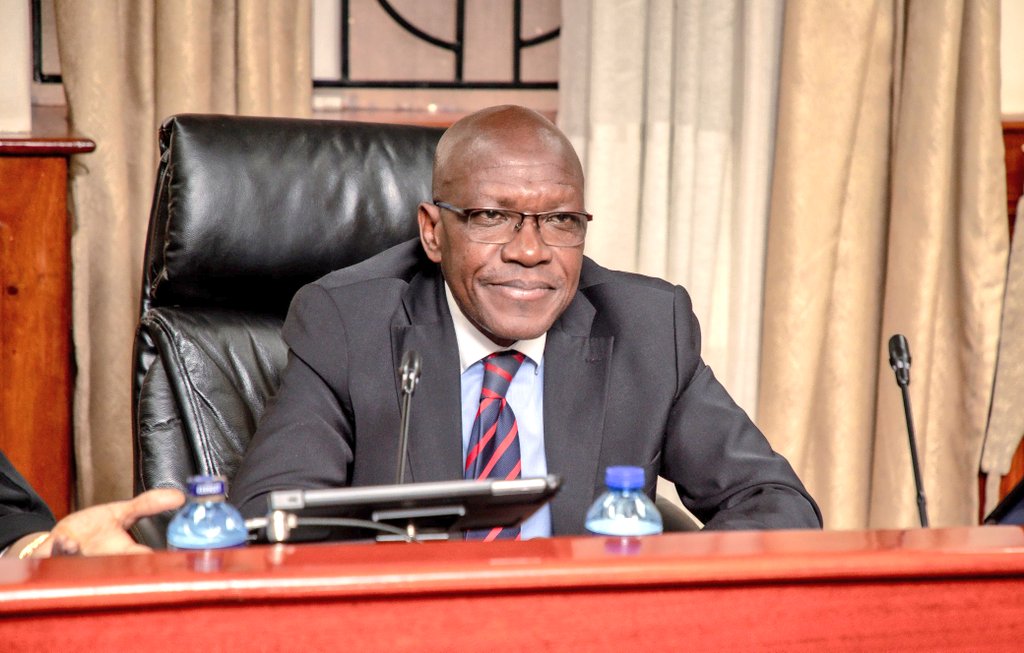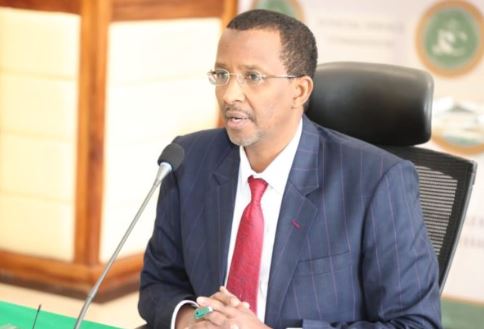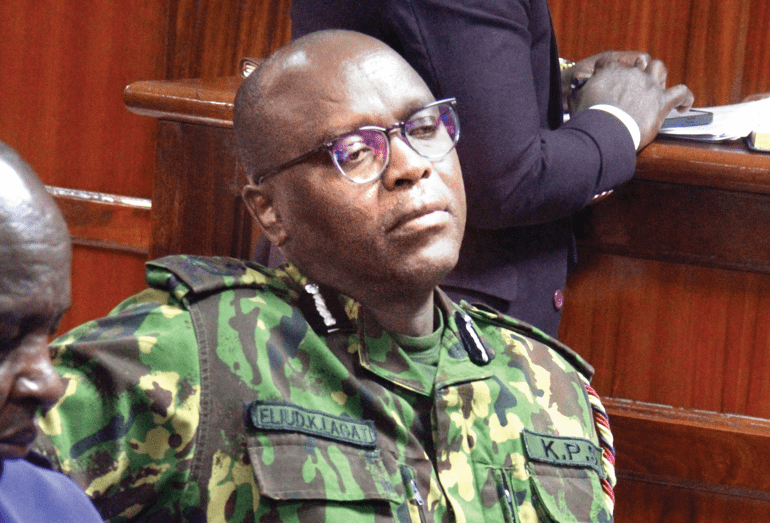State, lobby lock horns over victims of domestic violence
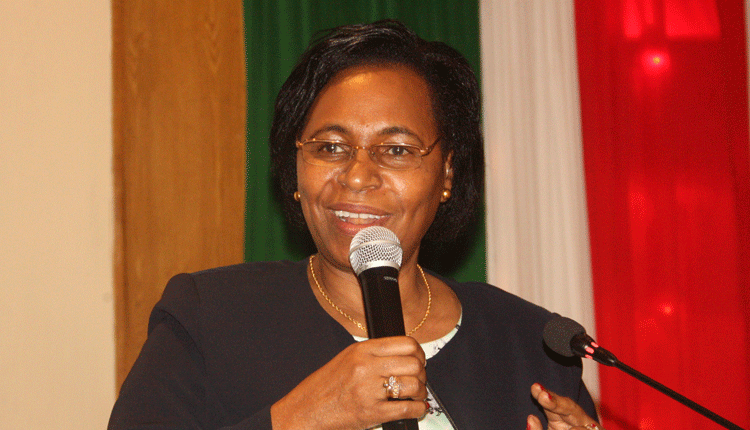
The government has locked horns with Human Rights Watch (HRW) over State’s alleged failure to adequately protect victims of Gender-Based Violence during the Covid-19 pandemic.
In a 61-page document released last week, HRW, a Non-Governmental Organisation, had faulted the government for failing to prevent GBV survivors and provide assistance.
“Survivors faced increased harm due to Kenyan authorities’ failure to ensure they have access to comprehensive, quality and timely medical treatment; mental health care and protection services, financial assistance and to properly investigate and prosecute cases,” the report.
In a rejoinder, the government, through the Ministry of Public Service, Youth and Gender Affairs expressed concerns that the report created a false perception that stands a real risk of causing unnecessary anxiety to the already burdened victims of GBV in Kenya and who may find it difficult to seek the support needed and which is available to them.
Gender Cabinet Secretary Margaret Kobia, instead, maintained that the government has remained committed to build on collective gains on eliminating GBV, explore innovative strategies and deliver concrete steps for women and girls to realise the goals under the Sustainable Development Goals transformative Agenda.
Kobia insisted that contrary to the report, the government, during the pandemic period, remained determined to mitigate and de-escalate the vice by deploying a multi-agency approach bringing together County Governments, Gender Sector Working Groups, development partners and other non-State actors.
Relevant stakeholders
“A robust coordination framework was established that included National and County Gender Sector Working Groups to enhance effectiveness in implementing GBV programmes,” Kobia said in a statement released this week.
Kobia accused HRW of failing to report with relevant stakeholders, including the government for their right of reply, provide input, clarity or context despite the report having been concluded in February.
She said that while the government has no intention to undermine the findings and in particular the experiences of GBV victims, it is misleading for HRW to generalise and condemn State.
Report titled I Had Nowhere to Go: Violence Against Women and Girls during the Covid-19 Pandemic in Kenya”, Prof Kobia said it failed to draw any information from the comprehensive research undertaken by the Government’s National Crime and Research Centre and the resultant Report titled: “Trapped within a lockdown: Understanding Sexual and Gender-Based Violence during the Covid Period”.
“Report fails to acknowledge the initial and critical steps taken by the government at the inception of the pandemic, which included instituting the collection of real -time disaggregated data and commissioning of a rapid gender assessment on Covid to generate real-time data,” she added.
The CS said the government managed to provide immediate assistance to survivors of GBV/Female Genital Mutilation through online counselling and referrals for medical and legal services and safe spaces.
Further, Kobia maintained that the government, through affirmative action funds, established eight GBV shelters through which the network, led by Civil Society Organisations, mapped over 52 safe spaces to shelter GBV victims besides establishing Gender-Based Violence Recovery Centres in all Level Five Hospitals across the country.
She said that unlike the report that condemned the government for making little financial impact to GBV survivors through the cash transfer programmes, the government scaled up lending to women, youth and persons with disabilities in response to their lost jobs caused by the pandemic.


